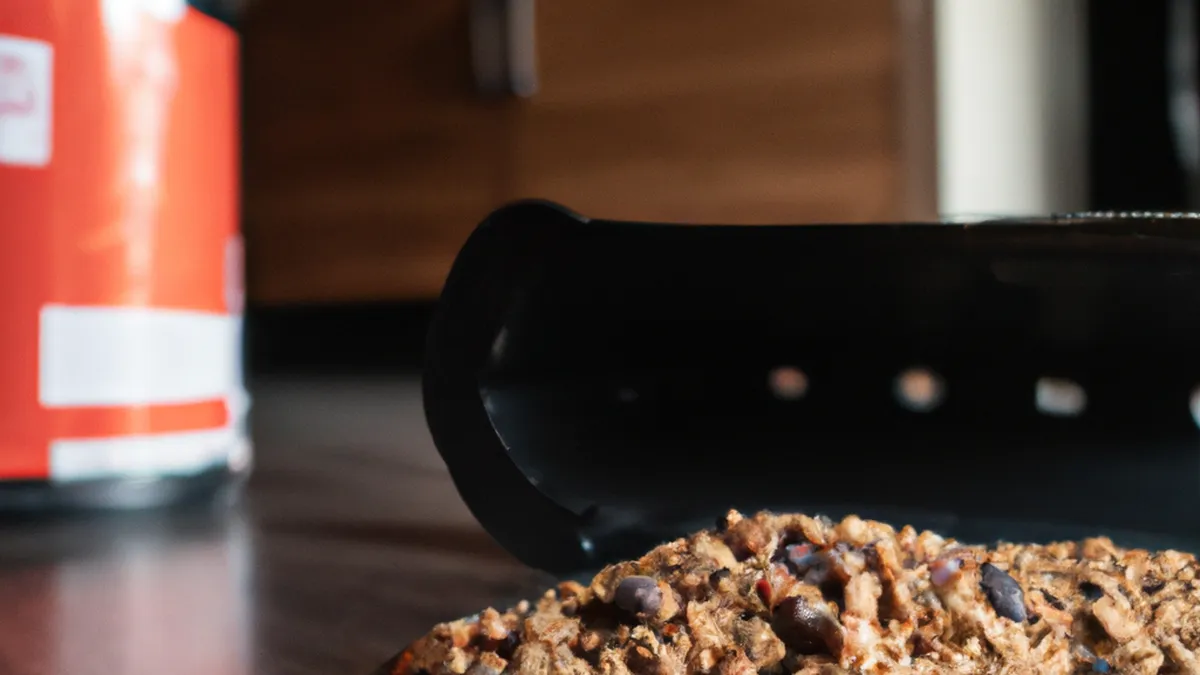Get Ready: Meal Prepping for Peak Performance
Meal Prepping for Race Weekends: Balancing Carbs and Proteins
As an Amazon Associate I earn from qualifying purchases.
Gear tip: consider running shoes, gps running watch and hydration vest to support this workout.
Race weekends excite and stress athletes. They juggle nerves, last-minute gear checks, and hydration strategies. Amidst this chaos, nutrition management overwhelms them. Meal prepping eases this pressure. Balance carbohydrates and proteins to fuel your body and boost performance. This guide explores effective meal prep for race weekends, ensuring nourishment and readiness.
Understanding Carbohydrates and Proteins
Carbohydrates provide your primary energy source during endurance activities like running or cycling. Your body breaks down carbs into glucose, stored as glycogen in muscles and liver. Sufficient glycogen maintains energy levels during long races. Increase carb intake before race weekends to optimize performance. Foods like pasta, rice, quinoa, oats, and fruits like bananas and berries offer excellent carbohydrate sources.
Proteins serve a different but equally important role. They help repair and build muscle tissues. Adequate protein intake aids recovery post-race and reduces muscle soreness. Choose lean meats like chicken, turkey, and fish, or plant-based options like beans, lentils, and tofu for protein. Balancing carbs for energy and proteins for recovery sets you up for race day success.
Tips for Effective Meal Prepping
Meal prepping should remain simple and efficient. Follow these effective tips to prepare nutritious meals for race weekend.
1. Plan Your Meals
Begin by planning your meals for the weekend. Consider your race’s distance and intensity when crafting your menu. Longer races require aggressive carb-loading strategies, while shorter races need a different balance. Jot down meal ideas, including breakfast, lunch, dinner, and snacks.
2. Choose the Right Ingredients
Once you have a plan, select your ingredients wisely. Opt for whole foods whenever possible. Whole grains, fruits, and vegetables should dominate your meals. They provide essential vitamins, minerals, and fiber crucial for health and performance.
For protein, choose lean meats, eggs, or plant-based options like tofu and legumes for necessary amino acids. Transitioning from processed foods to whole foods enhances energy levels and supports overall health, creating a solid foundation for your race.
3. Batch Cook for Convenience
Batch cooking saves time and ensures you have enough food ready for the weekend. Prepare meals in bulk for convenience.
Conclusion
Meal prepping effectively balances carbs and proteins, enhances performance, and simplifies nutrition management during race weekends.
Below are related products based on this post:
FAQ
What is the importance of carbohydrates and proteins for athletes during race weekends?
Carbohydrates serve as the primary energy source during endurance activities, helping to maintain energy levels through glycogen stored in muscles and liver. Proteins are crucial for repairing and building muscle tissues, aiding recovery post-race and reducing muscle soreness. Balancing both nutrients is essential for optimal performance and recovery during race weekends.
How should I plan my meals for race weekends?
Start by considering the distance and intensity of your race when crafting your menu. Longer races may require more aggressive carb-loading strategies, while shorter races need a different balance. Make a list of meal ideas for breakfast, lunch, dinner, and snacks to ensure you are properly fueled throughout the weekend.
What are some tips for effective meal prepping for race weekends?
To effectively meal prep, plan your meals ahead of time, choose whole foods like grains, fruits, and vegetables, and batch cook for convenience. This approach not only saves time but also ensures you have nutritious meals ready to support your performance and recovery during race weekends.















Post Comment